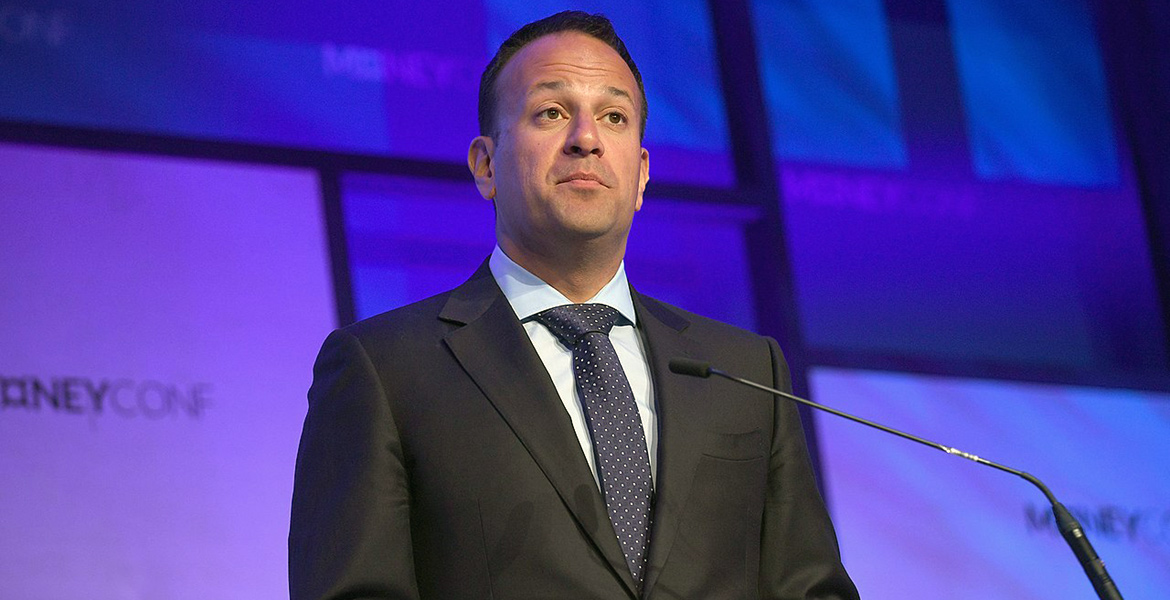On International Women’s Day, March 8, Irish voters will go to the polls to decide on two important constitutional amendments. The changes relate to terms such as “family”, “woman” and “mother” and “the role of women and mothers in society”.
Irish voters will face two important choices tomorrow (Friday) as the country’s citizens vote on constitutional amendments on International Women’s Day. Two amendments are on the ballot.
Article 39 aims to accommodate different family structures by broadening the definition of “family” to include both marriage and “stable relationships”. Article 40 emphasizes the role of women/mothers in society. Comprehensive proposals that have sparked a heated debate about “inclusiveness” and its wider implications.
Voters will be asked if they want to delete Article 41(2), which reads: “The state recognizes that by her life within the home, woman gives to the state a support without which the common good cannot be achieved. The state shall, therefore, endeavor to ensure that mothers shall not be obliged by economic necessity to engage in labor to the neglect of their duties in the home”.
Polygamy could be legalized
Supporters argue that the amendment will include single-parent families and unmarried households, while opponents are concerned about the vagueness of the term “stable relationship” and its implications.
Irish junior minister (Irish: Aire Stáit) Neale Richmond warns of “serious consequences” and potential impact on Ireland’s immigration laws.
He believes that many people may use the term “durable relationships” to try to reunite with relatives under the guise of the arbitrary term. Despite this, he has announced his intention to vote in favour of the changes.
Polygamy has also entered the debate. Ireland could become the first EU country to recognize polygamy if the government wins popular support. This has added to the existing criticism of the proposals.
IRELAND
Ireland could become the first EU state to recognise polygamy if the government wins its referendums on Friday
It comes as Yes Yes leader Micheal Martin REFUSED to rule out the controversial practise during a car crash appearance on a TV debate #votenono pic.twitter.com/X7Mk9dM7Ou
— Catholic Arena (@CatholicArena) March 5, 2024
“Everyone should care”
In late January this year, the Irish Electoral Commission launched an “independent information campaign” ahead of the double vote, which, if passed, will remove the constitutional reference to women’s “duties in the home”.
Marie Baker, a Supreme Court judge and chairwoman of the Irish Electoral Commission, expressed hope Thursday that the public would study and debate the issues.
– The worst thing that could happen is that nobody cares about this. I would say everybody should care about what’s in the constitution. Everybody should care as to what it says. And everybody should care as to what they think about it, she said at a news conference.
“People with a cervix”
This is not the first time the Irish government has tried to remove the word “woman”.
Back in 2020, Ireland’s state-run Health Service Executive caused a stir by replacing “woman” with “persons with a cervix” in its cervical screening brochure.
Article 41(2) in its current form is in many ways relatively progressive, providing financial guarantees for mothers who may be forced by economic circumstances to work part-time outside the home.
The law was originally introduced with the aim of, among other things, changing the income tax law for women in the country. A law that had previously discriminated against mothers.









